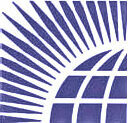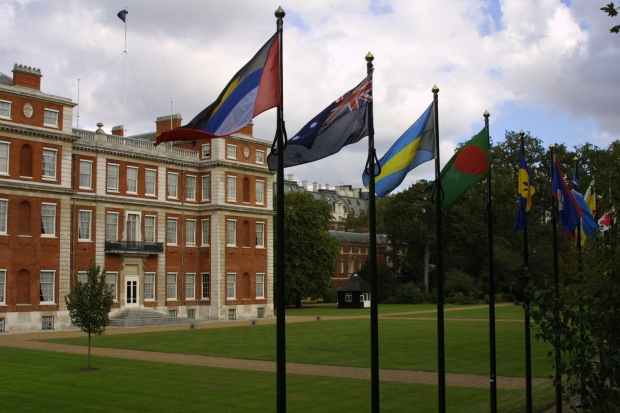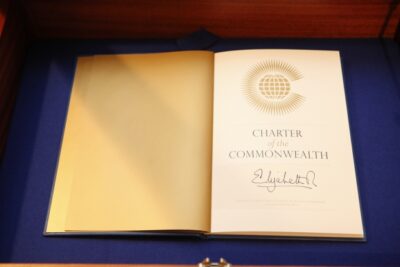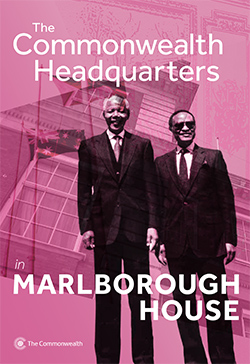
ABOUT THE COMMONWEALTH
The Commonwealth is a voluntary association of 56 independent and equal sovereign nations spread across the globe, with a total population of 2.7 billion. Its members can be found in Africa, Asia, the Americas and the Caribbean, Europe and the Mediterranean and the Pacific. 33 of its members are small states, each with a population under 1.5 million, and many of these are island nations. A map showing the countries is available on the Commonwealth Secretariat website.

Despite its considerable diversity of ethnicities, languages and religions, nearly all its members have a shared historical attachment to the United Kingdom through the former British Empire and use the English language for all Commonwealth official business. However, its present-day unity is based not on an imperial past but on a set of values and principles held in common and set out most recently in the 2012 Commonwealth Charter. Each member state is committed to upholding democracy, the rule of law and human rights as well as pursuing sustainable and human development for all its citizens.

While primarily a political association, the Commonwealth is also a thriving, multifaceted network of other connections – in sport, in business, in literature, music and culture, in professional associations and in civil society. It is therefore an association of peoples as well as governments. This is exemplified every four years in the hosting of the Commonwealth Sport, whose special character has long been expressed as ‘the friendly games’.
Many consider that the modern Commonwealth began in 1949, when its leaders agreed the London Declaration. This removed the requirement that members of the Commonwealth, although independent in all other ways, needed to retain allegiance to the British Crown as their Head of State. However, leaders at the same summit also invited King George VI to assume a new role, namely, as Head of the Commonwealth and the ‘visible symbol’ of the Commonwealth’s unity. Today, while most member countries are republics, all recognise Elizabeth II as the Commonwealth’s second Head. Leaders have also agreed that Prince Charles will become the third Head of the Commonwealth in due course.
The changes agreed in 1949 led to a rapid expansion in Commonwealth membership, particularly in Africa, Asia, the Caribbean and the Pacific. But some see 1965, and the birth of the Commonwealth Secretariat and the appointment of the first Commonwealth Secretary-General, as the moment when the organisation fully embraced racial and political equality and became a modern, international organisation.

Marlborough House has been the scene of many important events in the Commonwealth’s history. The Secretariat has produced this very interesting guide which concentrates on the House’s Commonwealth connections.
For more information, visit the Commonwealth website
Copyright © 2026 | MH Purity lite WordPress Theme by MH Themes